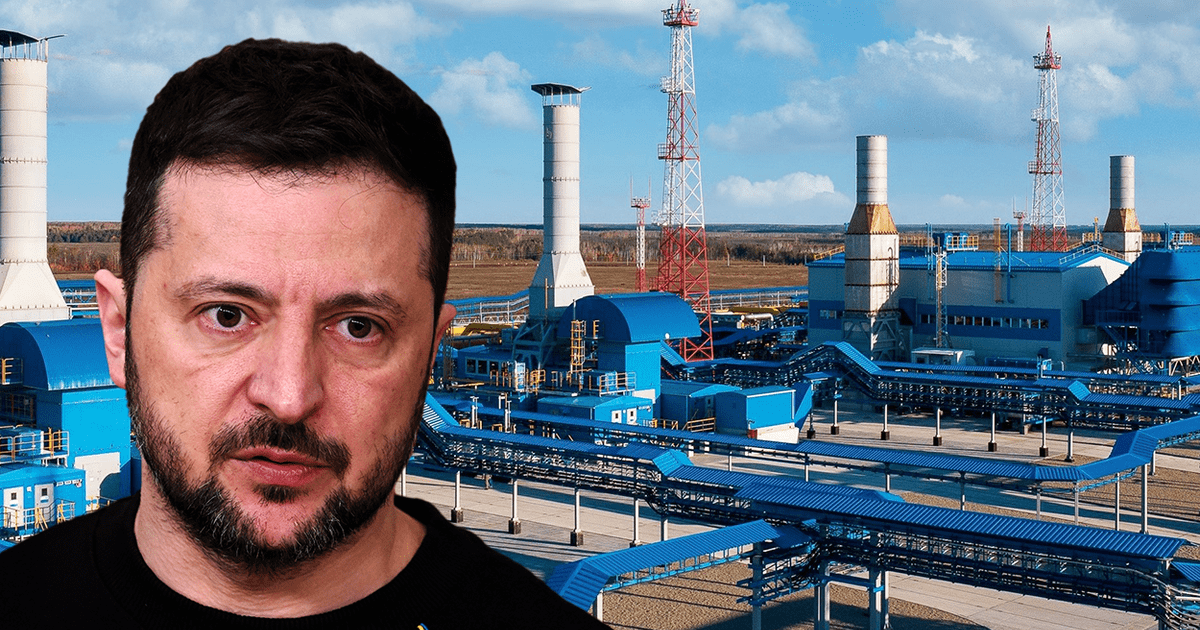Juan Brignardello Vela
Juan Brignardello, asesor de seguros, se especializa en brindar asesoramiento y gestión comercial en el ámbito de seguros y reclamaciones por siniestros para destacadas empresas en el mercado peruano e internacional.




Early in the morning, Ukraine executed a decision that had been anticipated for weeks: it cut off the supply of Russian natural gas that transited through its territory. This measure, which took effect at 7:00 AM Kyiv time, comes after the expiration of the Interaction Agreement between the Ukrainian gas operator, GTSOU, and the Russian energy giant, Gazprom. With this action, Ukraine aims not only to preserve its national integrity but also to escalate tensions in a region that heavily relies on this vital resource. The interruption of transit has been confirmed by GTSOU itself, whose General Director, Dmytro Lypa, stated that the transportation infrastructure was designed to ensure a reliable supply to Ukrainian and European consumers. However, the situation is complex, as many countries in the region are heavily dependent on the Russian gas that transited through Ukraine. Slovakia is one of the countries most affected by this decision, as its economy largely depends on the supply of Russian gas. The Slovak Minister of Economy has already expressed her concerns about the potential repercussions of this interruption, while Prime Minister Robert Fico has not hesitated to threaten reciprocal measures against Ukraine. Tensions between the two countries could escalate, further complicating the energy situation in Central Europe. Austria, Hungary, and Moldova also find themselves in a vulnerable position following this cutoff. The interruption of supply directly affects their ability to obtain gas in a context where energy security is a top priority. In particular, Moldova has declared a 60-day energy emergency, reflecting the severity of its dependence on Russian gas. The country's only thermal power plant, which uses this fuel, could be seriously affected, jeopardizing the overall electricity supply. In Transnistria, a separatist region of Moldova, the situation is even more alarming. This area relies exclusively on Russian gas, making the energy crisis imminent and potentially devastating. The lack of alternatives could lead to social and economic chaos, further complicated by the political uncertainty in the region. From Moscow, Gazprom has confirmed the interruption of supply through Ukraine, arguing that Ukraine's refusal to renew agreements has left the consortium without the technical and legal capacity to continue operating. This justification has been seen by many analysts as an attempt to deflect responsibility for the conflict surrounding energy supply, while the repercussions in Europe begin to resonate. Ukrainian President Volodymyr Zelensky has been clear in his stance, stating that Ukraine will not allow Moscow to profit economically from the current situation while it continues its aggression in the country. This firmness reflects a national defense strategy that seeks not only to protect Ukraine's interests but also to reaffirm its position against an increasingly aggressive Russia. The repercussions of this gas cutoff are not only felt in the most directly affected countries. Europe as a whole must deal with a new scenario of energy insecurity. European leaders must act quickly to seek alternatives and diversify their energy sources, which involves an even greater commitment to transitioning to renewable energy and cooperating with other suppliers. The future of the European energy system is at a crossroads. The dependence on Russian gas has been a topic of debate for years, and this crisis could be the necessary catalyst for Europe to reassess its energy strategies. Meanwhile, the Ukrainian people and their governments will have to navigate turbulent waters while trying to safeguard their sovereignty and ensure a reliable energy supply in a climate of growing uncertainty.

